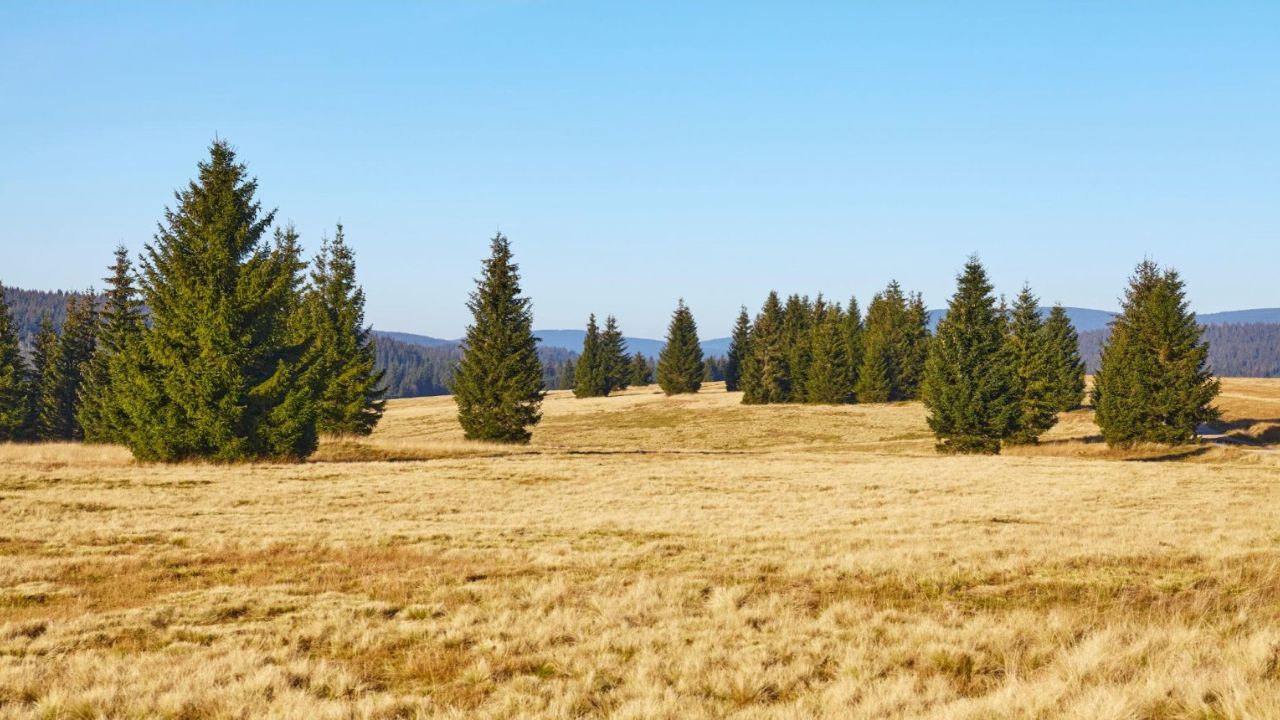The global climate crisis continues to unfold with alarming consequences, and a new study reveals a concerning trend that adds to the growing list of environmental challenges. Peatlands, vital ecosystems that play a crucial role in carbon sequestration and biodiversity, are losing the battle against drought, according to recent research.
Peatlands, often referred to as “carbon sinks,” are wetland areas characterized by the accumulation of partially decayed organic matter, known as peat. These unique ecosystems cover around 3% of the Earth’s land surface but store twice as much carbon as all the world’s forests combined. They act as a natural climate regulator, capturing and storing large amounts of carbon dioxide from the atmosphere. However, the new study underscores the vulnerability of peatlands in the face of intensifying drought conditions linked to the climate crisis.
Published in a leading environmental journal, the study reveals a disturbing pattern of peatlands experiencing increased water scarcity, resulting in the degradation of these critical ecosystems. As temperatures rise and precipitation patterns shift, many peatlands are unable to retain their characteristic high water levels, leading to a decline in overall health and functionality.
The primary driver behind the deteriorating conditions of peatlands is the changing climate, characterized by more frequent and severe droughts. As precipitation becomes erratic, peatlands struggle to maintain their water balance, ultimately jeopardizing the unique flora and fauna that depend on these ecosystems. The study’s findings highlight a vicious cycle, where climate change-induced drought weakens peatlands, and in turn, weakened peatlands exacerbate climate change by releasing stored carbon into the atmosphere.
One of the critical functions of peatlands is their ability to sequester carbon, preventing it from entering the atmosphere as carbon dioxide. However, the study suggests that as peatlands dry out, the decomposition of peat accelerates, releasing stored carbon and contributing to greenhouse gas emissions. This feedback loop poses a significant threat to global efforts to mitigate climate change and underscores the urgency of addressing the root causes of the climate crisis.
In addition to the environmental implications, the study emphasizes the potential consequences for biodiversity. Peatlands are home to a diverse range of plant and animal species uniquely adapted to these waterlogged environments. As the peatlands dry out, these species face the risk of habitat loss and population decline, further disrupting ecosystems and jeopardizing the delicate balance of biodiversity.
The findings of this study underscore the interconnected nature of climate change impacts, with one environmental crisis exacerbating another. To address the challenges facing peatlands and other vulnerable ecosystems, a comprehensive and coordinated global response is essential. Mitigating climate change through emissions reduction, sustainable land management practices, and conservation efforts targeted at preserving peatland habitats are crucial steps toward ensuring the resilience of these critical ecosystems.
As the climate crisis worsens and its impacts become more evident, studies like this serve as a stark reminder of the urgent need for decisive action. The fate of peatlands is intertwined with the broader challenge of addressing climate change, emphasizing the need for a collective effort to mitigate its effects and protect the invaluable ecosystems that play a vital role in sustaining life on Earth.
